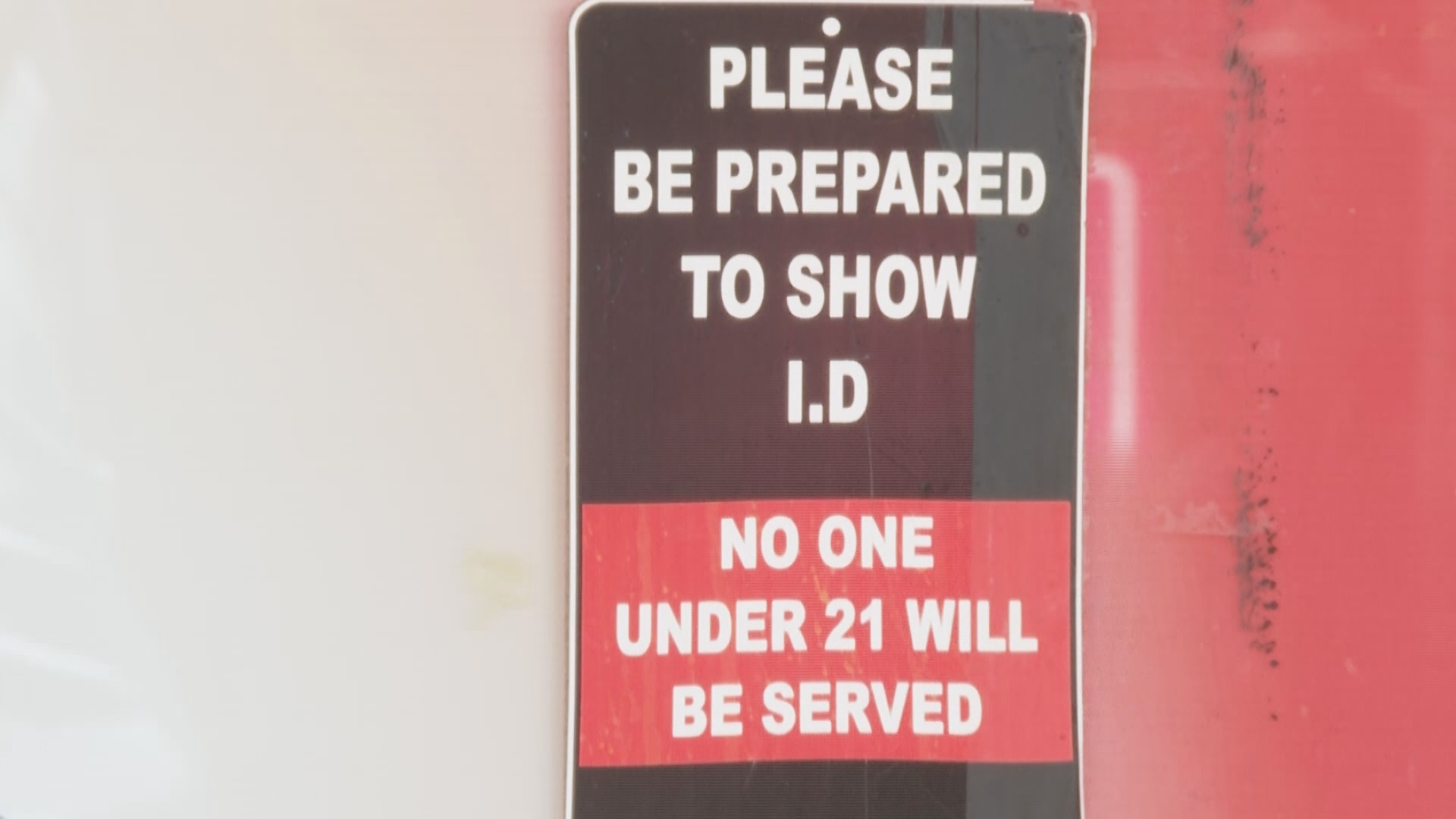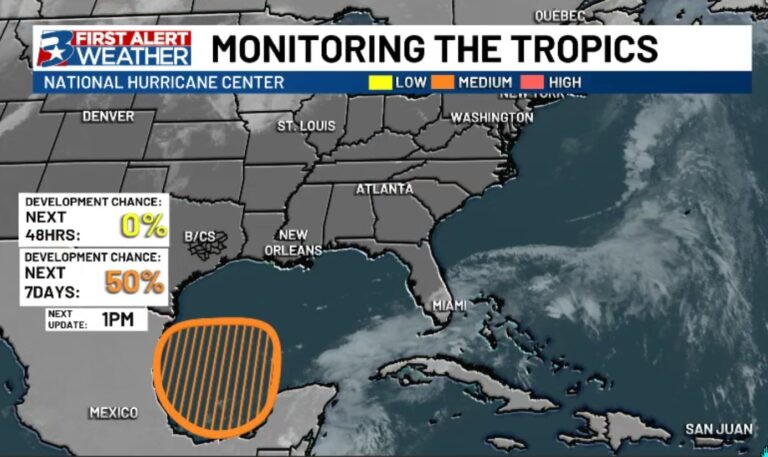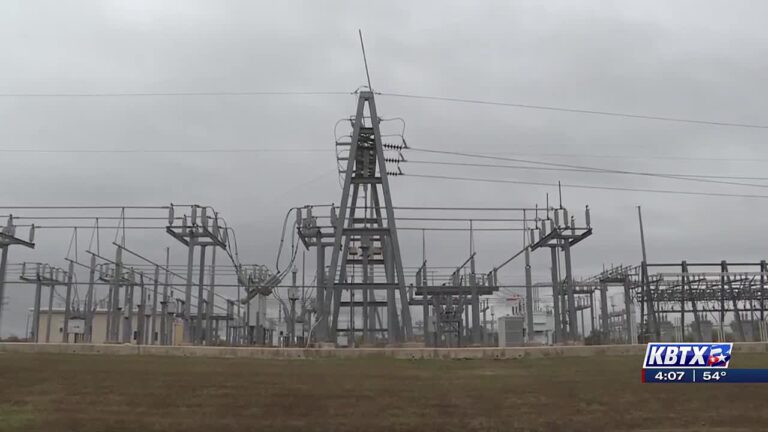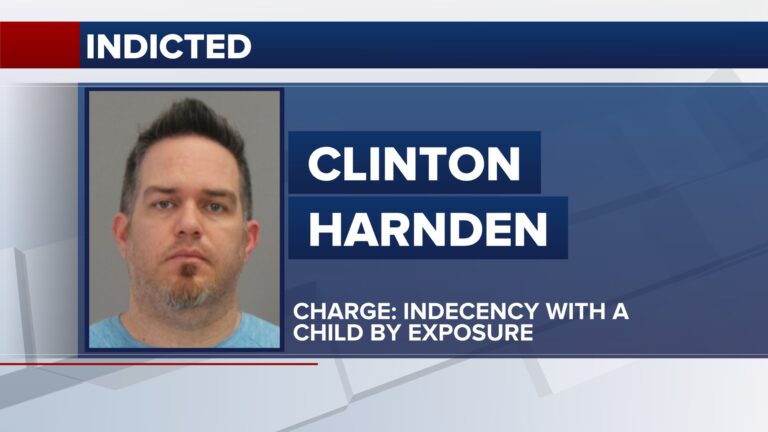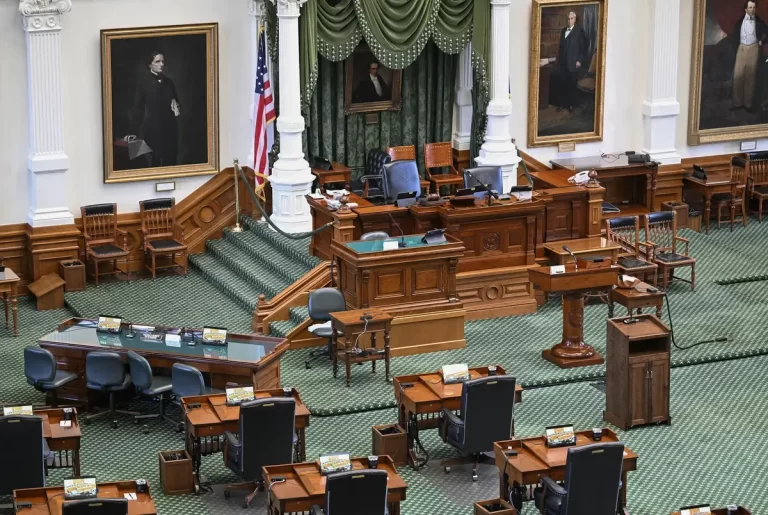Community leaders express need to help as MIPs increase
COLLEGE STATION, Texas (KBTX) – Following a report about a stark increase in minor in possession charges in College Station, leaders are expressing concerns.
College Station is leading the state in MIP charges, and blame is being placed on Northgate.
When a minor is charged, a judge can decide to send the offender to alcohol awareness classes or programs, including the Reality Education Driver Program. This program is from the Texas A&M AgriLife Extension Service but reaches underage people statewide.
Still, Project Specialist Mary Jo Prince, says most of their students are local.
“We reached across the state over 1100 people young, you know, primarily young kids and about three out of four of those violations that are sent to us are for MIPs and most of them are right here in College Station,” she said.
While a MIP charge might not involve driving, Prince says the course works to educate and deter minors from making a potentially deadly mistake.
“We show videos and show stories about what can happen and there are different lenses. We have them look at it from a different perspective because we were all their age once and we’ve all made mistakes some we’d like to take back but there are some choices that are made that you can’t take back and have tragic endings,” Prince said.
Prince has been working on the RED program for years reaching thousands of young people. But, she says there is still a lot of work to be done especially as cases continue to increase.
“We want our student leaders both at the college level and even high school level. We want them to take ownership and to be part of the solution and get together and say, how can we bring these numbers down? Because it’s their choice. We can give them the resources and the facts and figures to help them make better choices. We can’t change their behaviors,” Prince said.
Beyond the youth, Prince says defeating this problem will take the whole community, including local programs, agencies, businesses and residents.
“The numbers do reflect what’s going on [here] and it really takes the whole community to change those trends,” she said.

